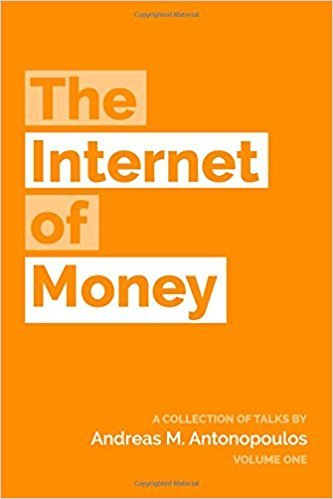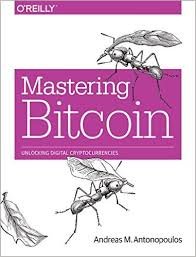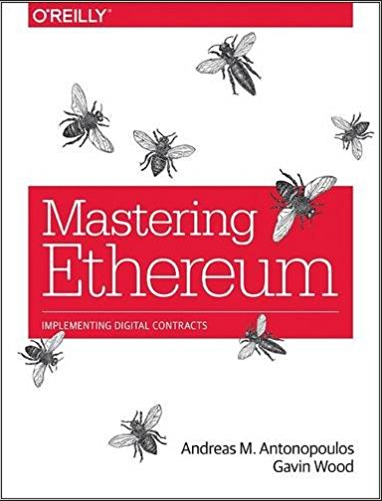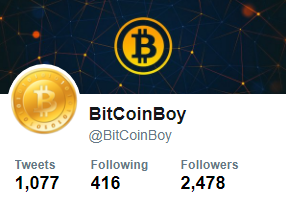Bitcoin Q&A: The revolution in trust - Andreas M. Antonopoulos
We're at the infancy of this technology, so right now it's very difficult for individuals to secure their own bitcoin; this creates a tendency to concentrate funds and rely on third parties.

There are two kinds of centralised exchanges: those that have been hacked and those that will be hacked.
The problem is a technical skills gap - we need to make bitcoin reflexive and easy secure without centralising it. We don't need perfect security, we need reasonable certainty. The people deeply involved in Bitcoin right now are the lunatic fringe, the "early adopters" are still five years out. If your friends are making fun of you, you're probably doing something interesting.
Andreas is the author of two books: “Mastering Bitcoin”, published by O’Reilly Media and considered the best technical guide to bitcoin; and “The Internet of Money”, a book about why bitcoin matters. Andreas has also co-authored with Gavin Wood the book 'Mastering Ethereum: Building Smart Contracts and Dapps' due for release 28 Feb 2018 and is also published by O'Reilly Media.



Want to hear more about Bitcoin and open blockchains? Follow me on Twitter @BitCoinBoy


The video "Bitcoin Q&A: The revolution in trust" was first published under a creative commons licence (CC-BY-SA) by the aantonop YouTube channel on 13 Jul 2017 and can be found here: https://youtu.be/iWfpxB3HZOY
Under a creative commons licence you are free to:
- Share — copy and redistribute the material in any medium or format
- Adapt — remix, transform, and build upon the material for any purpose, even commercially.
The licensor cannot revoke these freedoms as long as you follow the license terms.
Under the following terms:
- Attribution — You must give appropriate credit, provide a link to the license, and indicate if changes were made. You may do so in any reasonable manner, but not in any way that suggests the licensor endorses you or your use.
- No additional restrictions — You may not apply legal terms or technological measures that legally restrict others from doing anything the license permits.
https://creativecommons.org/licenses/by/4.0/legalcode